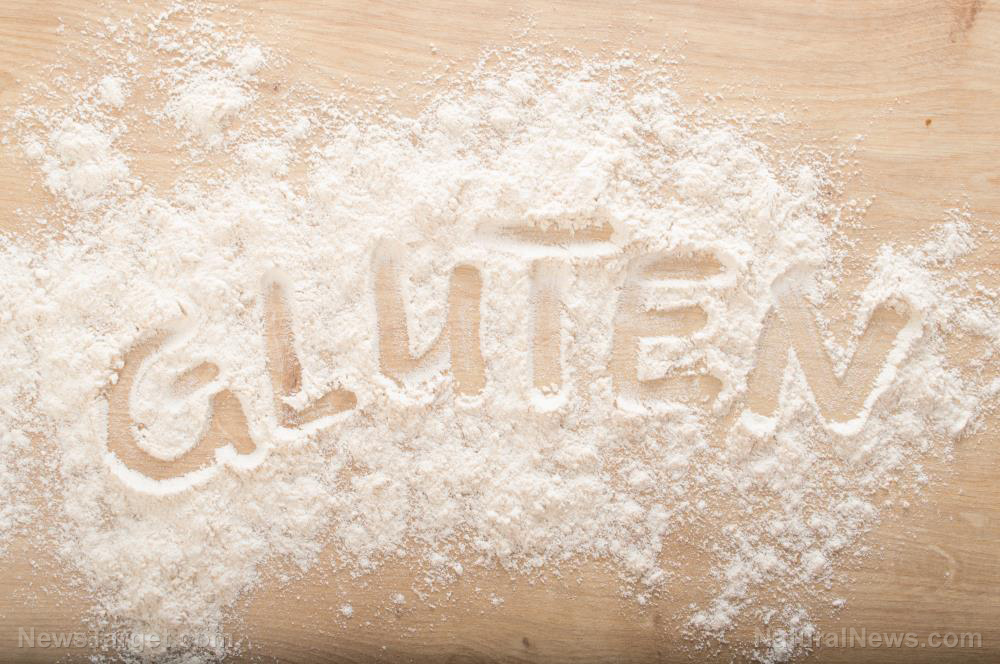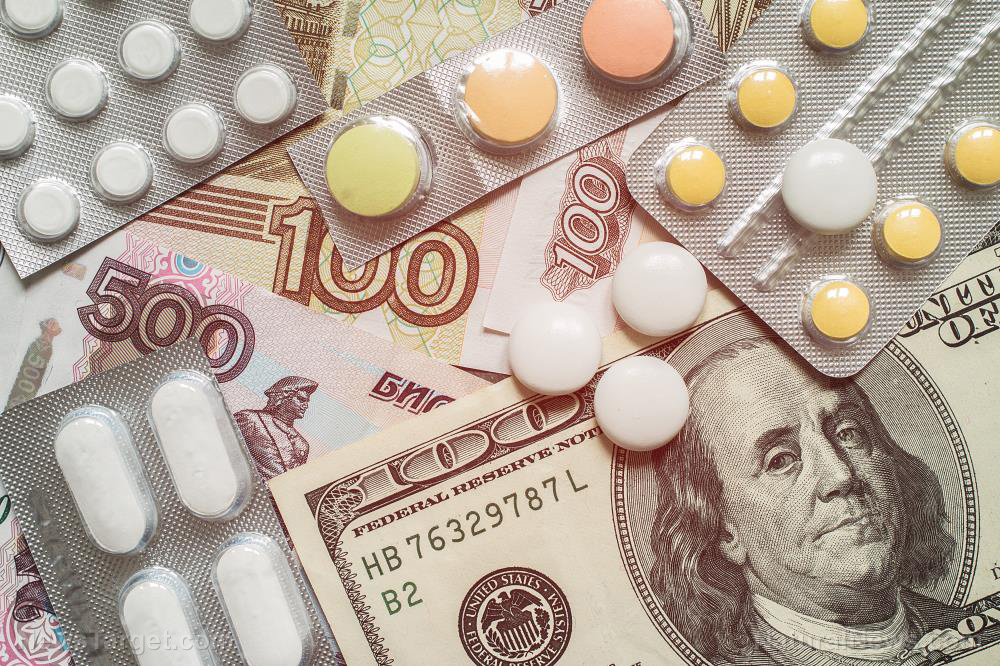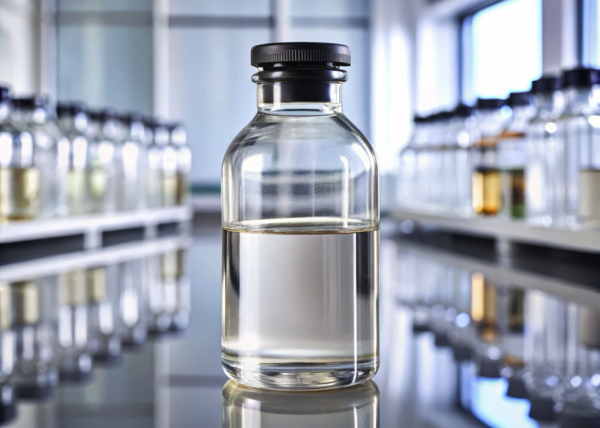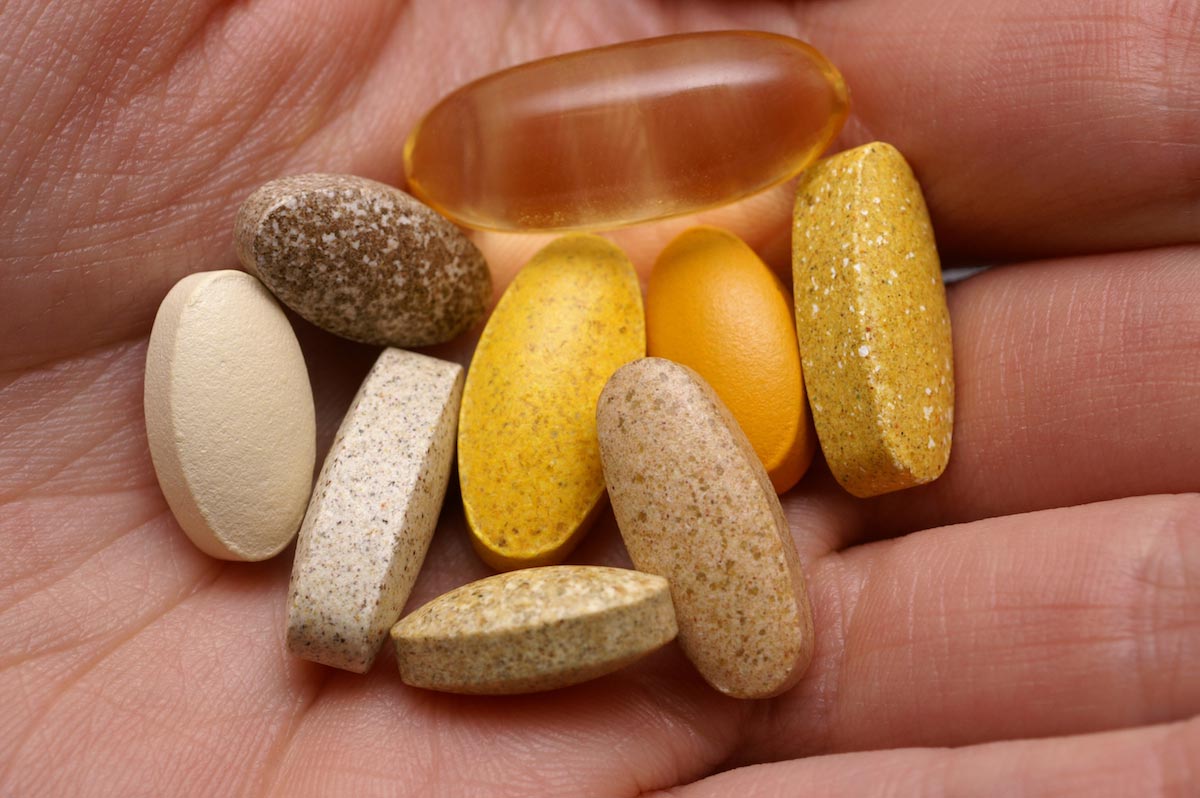Screen addiction and junk food fuel depression surge: Here’s how to fight back without Big Pharma
07/08/2025 / By Cassie B.

- Depression rates in the U.S. have surged 60% in a decade, affecting nearly one in five teens and one in 10 adults.
- Big Pharma pushes dangerous pills, but research points to natural solutions like nutrition and lifestyle changes as sustainable alternatives.
- Ultra-processed foods, excessive screen time, and nutrient deficiencies fuel depression by disrupting brain function and inflammation.
- Cognitive Behavioral Therapy (CBT) outperforms antidepressants with no side effects, rewiring the brain for resilience.
- Whole foods, sunlight, toxin-free environments, and stress management can reverse depression without pharmaceuticals.
Depression rates in the U.S. have skyrocketed by 60% over the past decade, affecting nearly one in five teens and one in 10 adults, according to CDC data. Big Pharma’s answer? More pills with dangerous side effects. But science reveals a different path in the form of natural, drug-free solutions that address the root causes while restoring mental resilience.
With antidepressant prescriptions at an all-time high yet failing to provide lasting relief for millions, it’s time to expose the lifestyle and environmental factors fueling this crisis. Research shows ultra-processed foods, screen addiction, nutrient deficiencies, and toxic environments are silently devastating mental health. The good news? Simple changes can reverse the damage without Big Pharma’s risky interventions.
The toxic trifecta: Processed food, screens, and nutrient depletion
A groundbreaking study found that diets high in ultra-processed foods (UPFs) — loaded with additives, synthetic fats, and refined sugars — increase depression risk by 10% in older adults. But this isn’t just about seniors. These inflammatory foods disrupt gut-brain communication, spike oxidative stress, and starve the brain of essential nutrients like B vitamins, magnesium, and omega-3s, all critical for neurotransmitter production.
Meanwhile, screen addiction is rewiring brains for mental health problems. A CDC report found teens glued to screens for four or more hours daily are twice as likely to show depression symptoms. Even adults aren’t immune; constant connectivity erodes real-world relationships, leaving people isolated despite digital “engagement.”
Rewire your brain without pills
For those battling depression, cognitive behavioral therapy (CBT) outperforms antidepressants with zero side effects. A Stanford study found that CBT enhanced brain circuitry in depressed patients, improving problem-solving skills and resilience. Unlike SSRIs, which blunt emotions and carry withdrawal risks, CBT equips people with tools to reframe negative thoughts and reclaim agency over their mental health.
Clean food, clean mind
Big Food’s processed garbage isn’t just destroying physical health; it’s a mental health time bomb. Research links UPFs to inflammation-driven depression, while whole foods like leafy greens, nuts, and wild-caught fish protect cognitive function. Key deficiencies to address include:
- B vitamins (especially B12 and folate): Critical for serotonin/dopamine synthesis
- Vitamin D: Low levels correlate with higher depression risk; sunlight and supplementation help
- Magnesium and zinc: Stress depletes these nutrients; replenishing them calms the nervous system.
Dr. Shariq Refai, a psychiatrist, notes: “In fact, vitamin D deficiency alone can lead to low energy, which may trigger isolation and depression, especially in older adults. In men, low vitamin D levels can also reduce testosterone, a hormone closely linked to mood regulation.”
Reclaim your environment
Your surroundings shape your mental health more than you might realize. Toxins such as mold, EMFs, and chemical pollutants worsen inflammation and disrupt sleep. Meanwhile, chronic stress from chaotic environments keeps the body in fight-or-flight mode. Studies show green spaces and natural sunlight lower cortisol and boost serotonin.
The depression epidemic isn’t a chemical imbalance waiting for a pill. It’s a lifestyle crisis engineered by toxic food, tech overload, and corporate greed. But freedom lies in self-reliance, choosing lifestyle changes such as nutrient-dense diets, mindful screen use, CBT, and detoxifying your environment.
Big Pharma wants you dependent. Nature wants you healed. Choose freedom.
Sources for this article include:
Submit a correction >>
Tagged Under:
#nutrition, alternative medicine, beat depression, food science, frankenfood, health science, mental health, Mind, mind body science, natural cures, natural health, natural medicine, Naturopathy, nutrient deficiencies, nutrients, remedies
This article may contain statements that reflect the opinion of the author





















